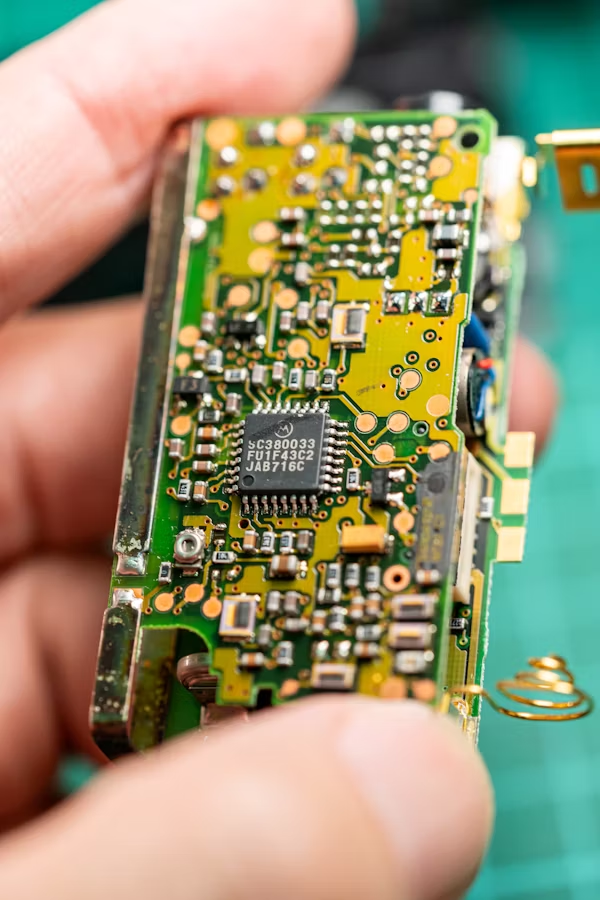Rising Concerns Over Chinese Espionage in Dutch Semiconductor Sector
The Hague, May 31, 2025 — Dutch intelligence officials and technology industry leaders are sounding the alarm over what they describe as a sharp uptick in Chinese espionage activities targeting the Netherlands’ critical semiconductor sector.
According to a recent report from the General Intelligence and Security Service (AIVD), China has been actively seeking to acquire sensitive chip technology through covert means, including cyber intrusions, recruitment of key personnel, and exploitation of academic and business partnerships. The report highlights a growing threat to the Netherlands’ position as a global leader in advanced chip manufacturing equipment, particularly through companies such as ASML, the world’s premier supplier of photolithography systems.
“China’s efforts to gain access to Dutch semiconductor know-how have become more aggressive and more sophisticated,” said Erik Akerboom, head of the AIVD. “These technologies are not only vital for our economy but also have significant strategic and military implications.”
The warning comes amid increasing geopolitical tension surrounding the global chip supply chain. The Dutch government has already moved to tighten export controls on high-end chipmaking equipment, aligning with U.S. restrictions aimed at limiting China’s access to advanced semiconductor capabilities. In response, China has reportedly redoubled its espionage efforts, viewing access to Western chip technology as essential to its economic and military modernization goals.
ASML, headquartered in Veldhoven, has been at the center of several espionage incidents in recent years. In 2023, a former employee was accused of stealing trade secrets and transferring them to a Chinese firm. Although ASML has since strengthened its internal security protocols, the AIVD warns that such incidents are likely to continue.
“Dutch semiconductor firms are on the frontlines of a global technology power struggle,” said Bart Groothuis, a Dutch member of the European Parliament and former cybersecurity official. “We need to strike a balance between openness and protection, particularly in sectors where the stakes are so high.”
The AIVD report recommends closer collaboration between government, academia, and the private sector to protect intellectual property, enhance cybersecurity, and monitor foreign investment more closely. It also calls for increased European coordination in countering what it describes as “state-sponsored economic espionage.”
With semiconductors becoming the backbone of modern technologies—from AI to defense systems—the Netherlands finds itself in a strategic position, and increasingly, a target.
“Make no mistake,” Akerboom added. “This is not just about chips. It’s about who controls the future of technology.”




